Enrich your knowledge with our informative blogs
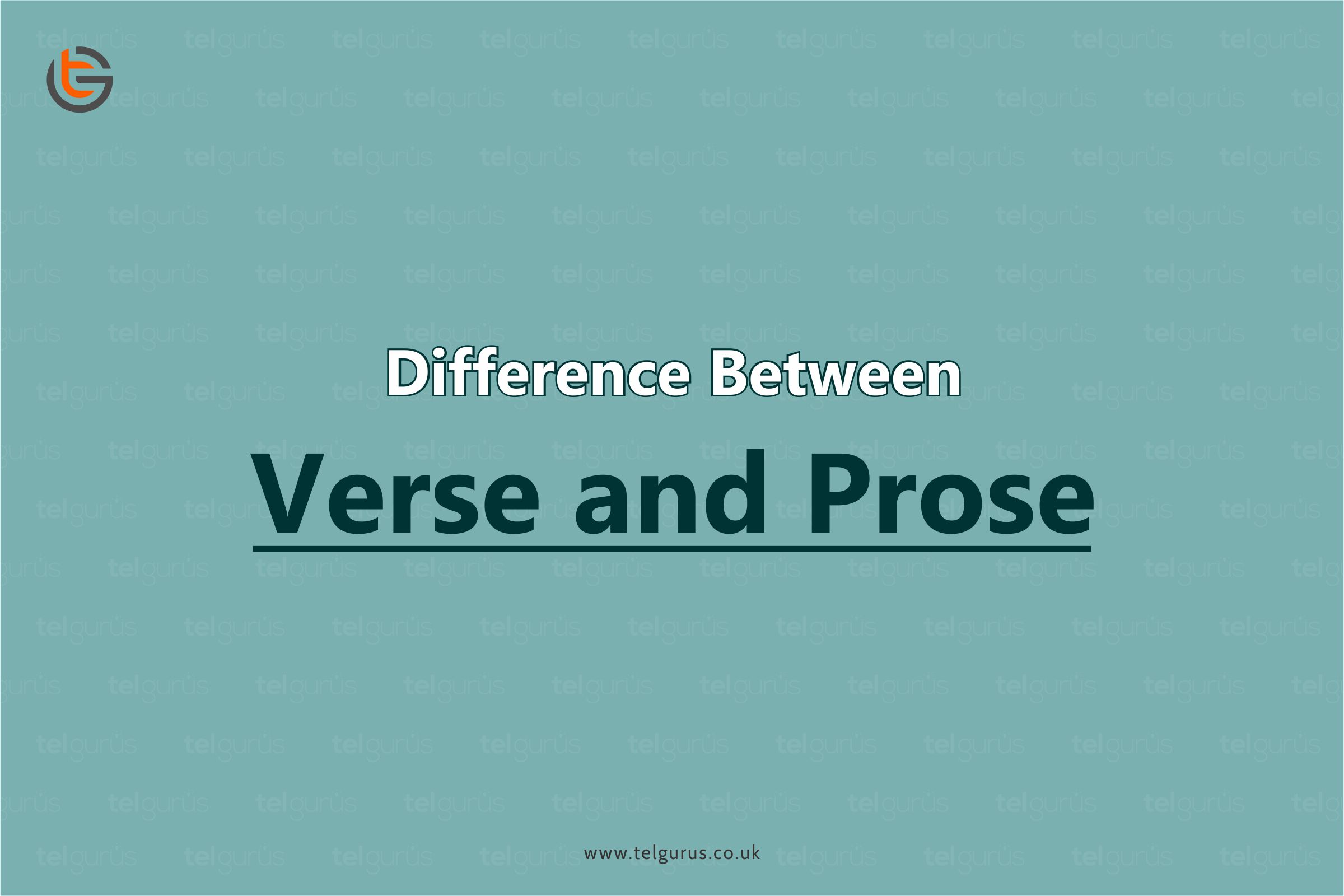
What is the difference between verse and Prose, and why is it important?
Do you know that the term prose is often used in normal day-to-day speech, thinking, or writing? Well, yes, Prose...
Read More...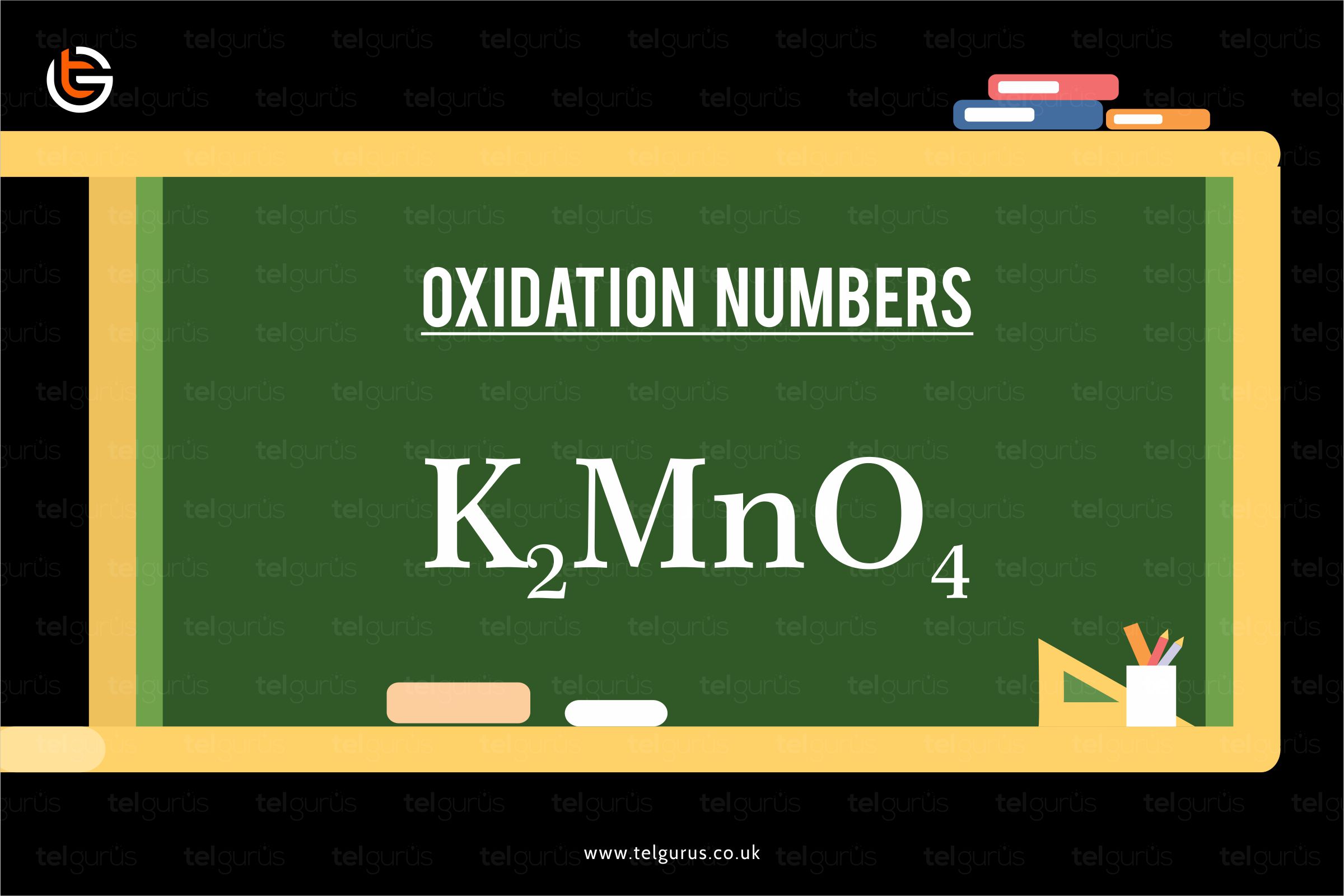
What is the oxidation number of Mn in K2MnO4?
Oxidation number, often known as oxidation state, helps in describing the electron transfer. It is generally used in determining the...
Read More...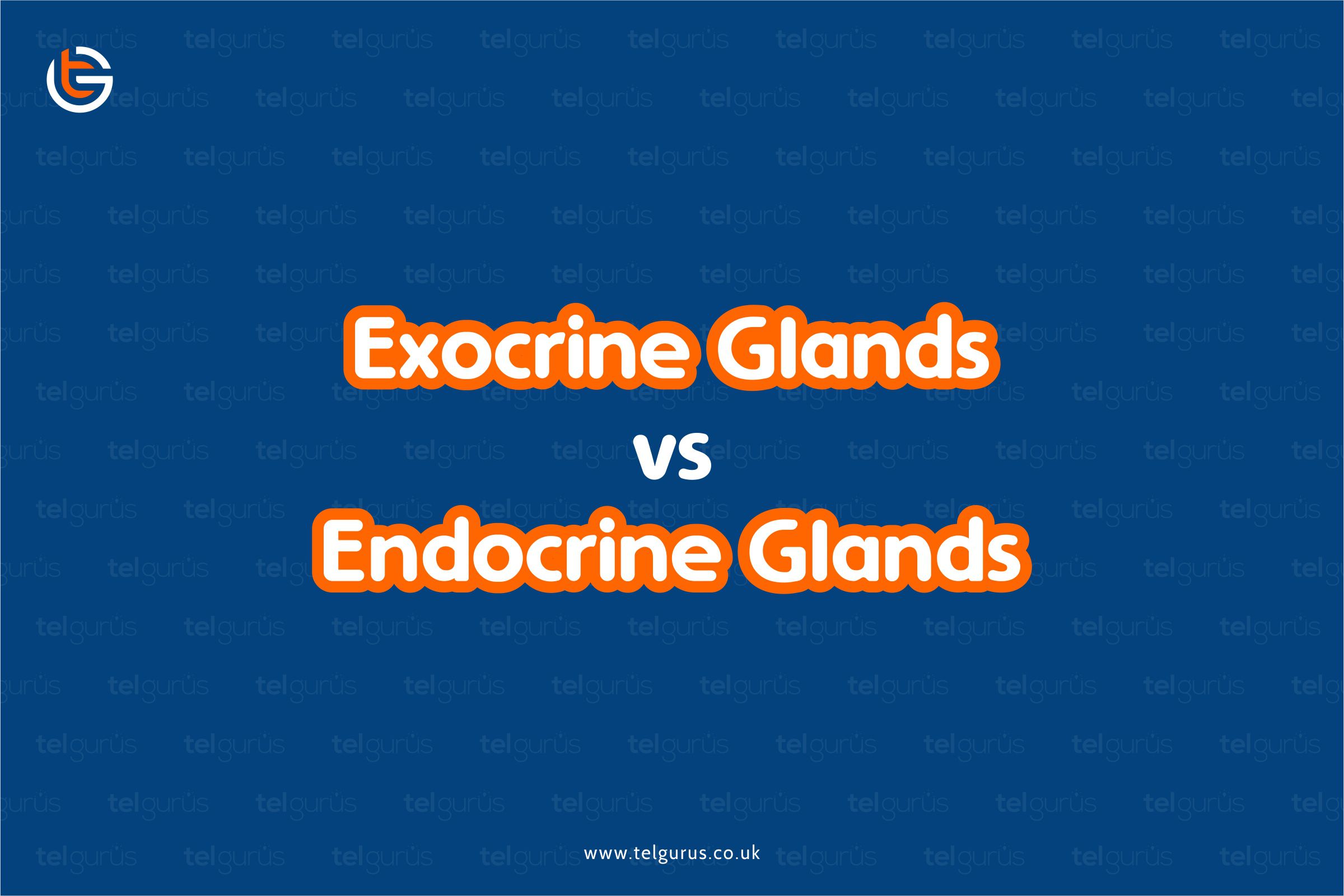
What is the difference between an endocrine and exocrine gland?
A human body has several glands that produce various secretions, including saliva, sweat, hormones, and oil. Anatomically these glands are...
Read More...
How many protons, neutrons, and electrons are present in a Lithium (Li+) ion?
The atomic number for Lithium on the periodic table is 3. The atomic number basically represents the total number of...
Read More...
What is the difference between breathing and respiration?
Respiration and breathing are two completely different terms but are the interrelated body processes that assist the body's organs to...
Read More...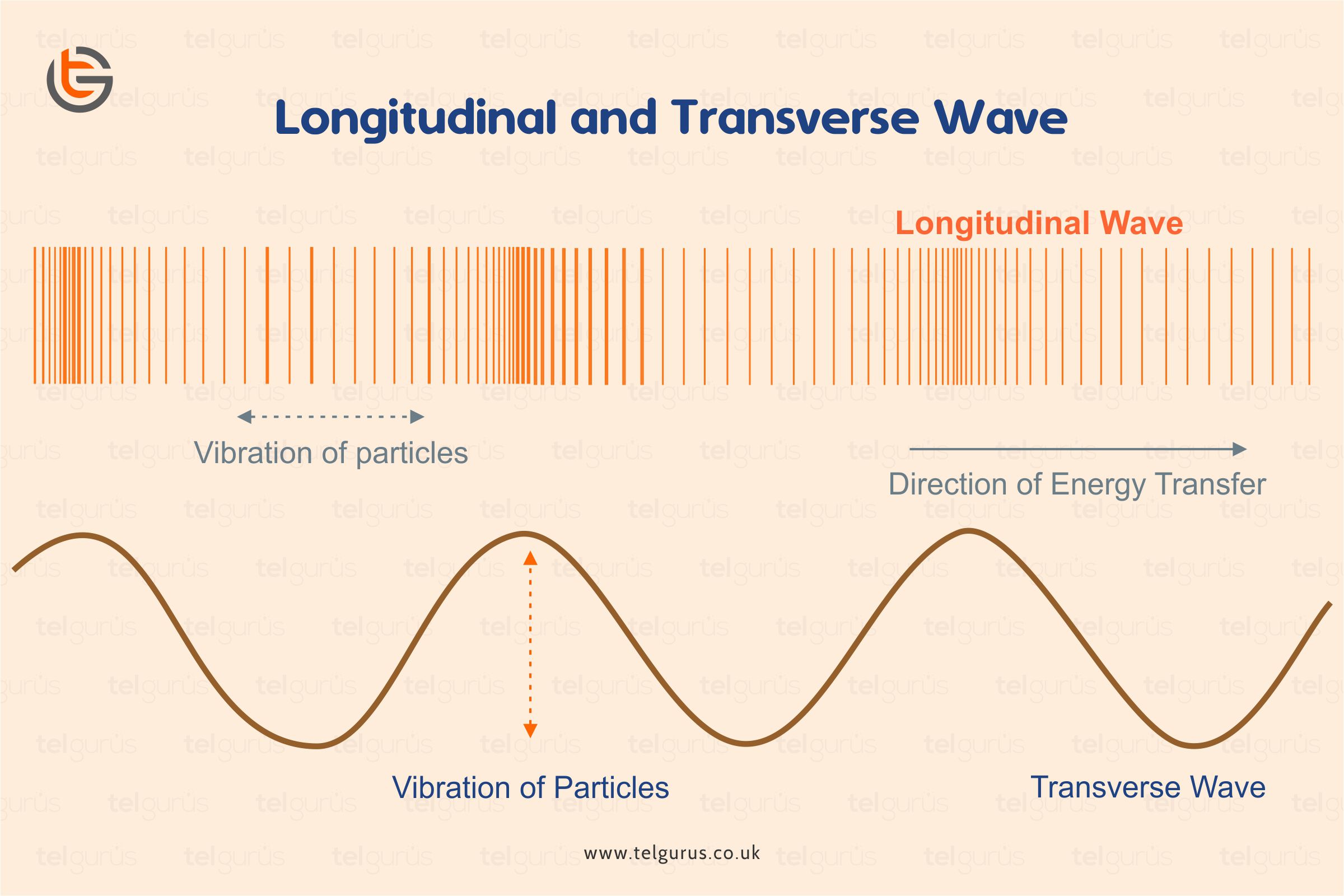
What is the difference between Transverse and Longitudinal waves?
A wave refers to a disturbance that propagates the energy from one location to another, devoid of transporting any matter....
Read More...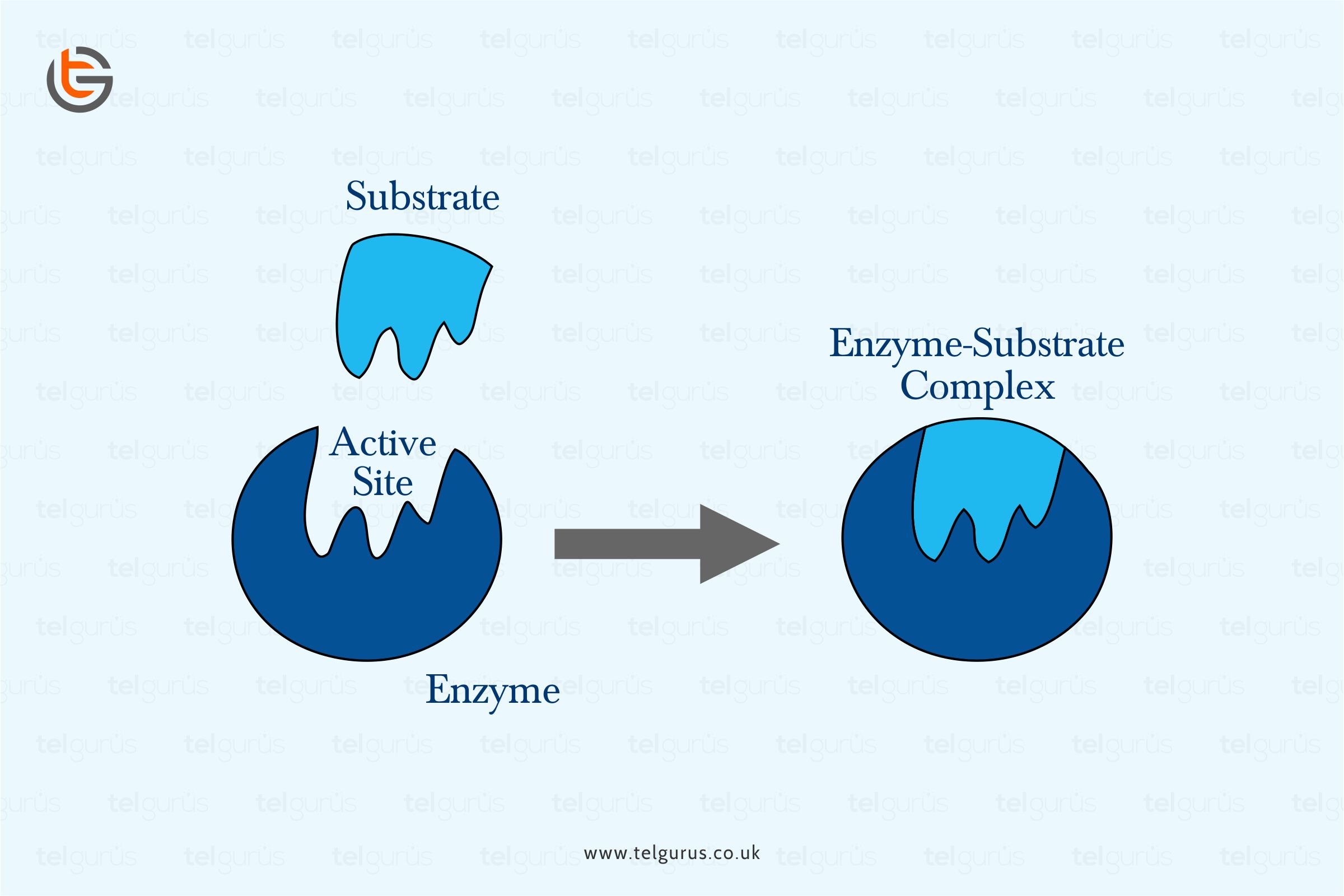
Explain the Lock and key mechanism in relation to enzymes.
What is Lock and key mechanism? A lock and key mechanism refer to a model for enzyme-substrate interface, suggesting that...
Read More...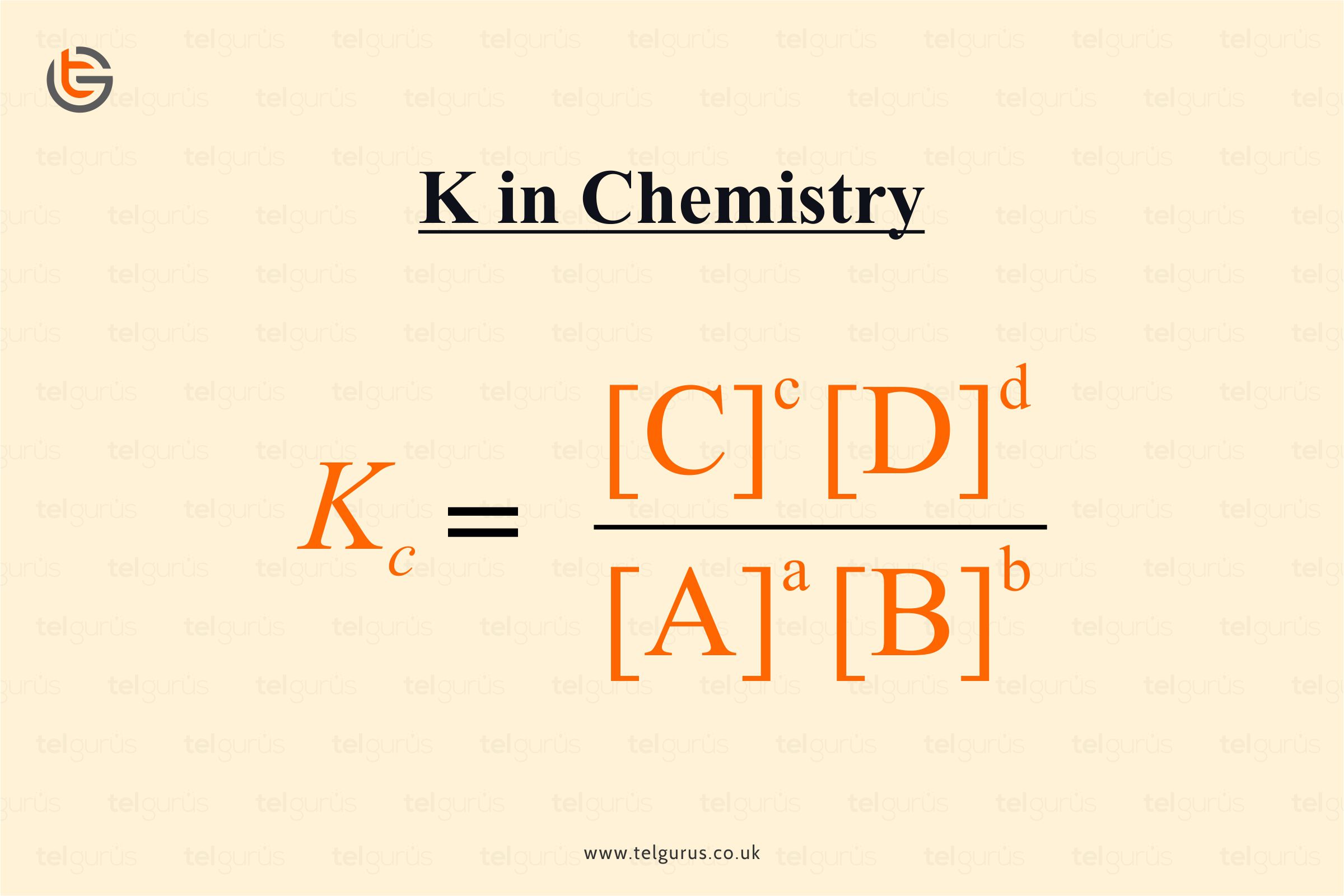
What is k in chemistry?
“K” refers to the equilibrium constant of a chemical reaction. It provides insight into the relationship between the reactants and...
Read More...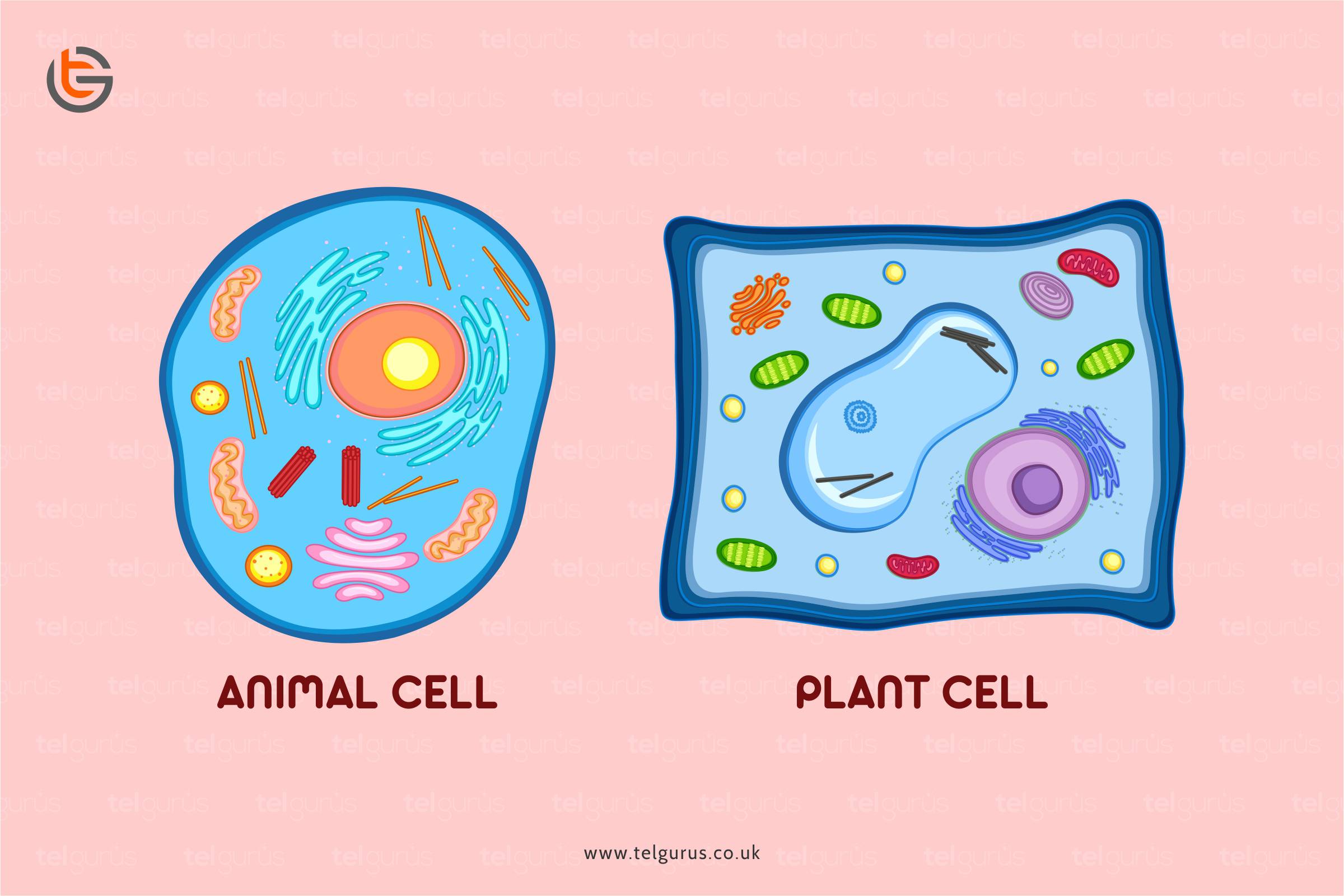
What organelles can be found in a plant cell but not an animal cell?
Organelles that can be found in a plant cell only are cell walls, chloroplasts, and vacuoles. The cell walls...
Read More...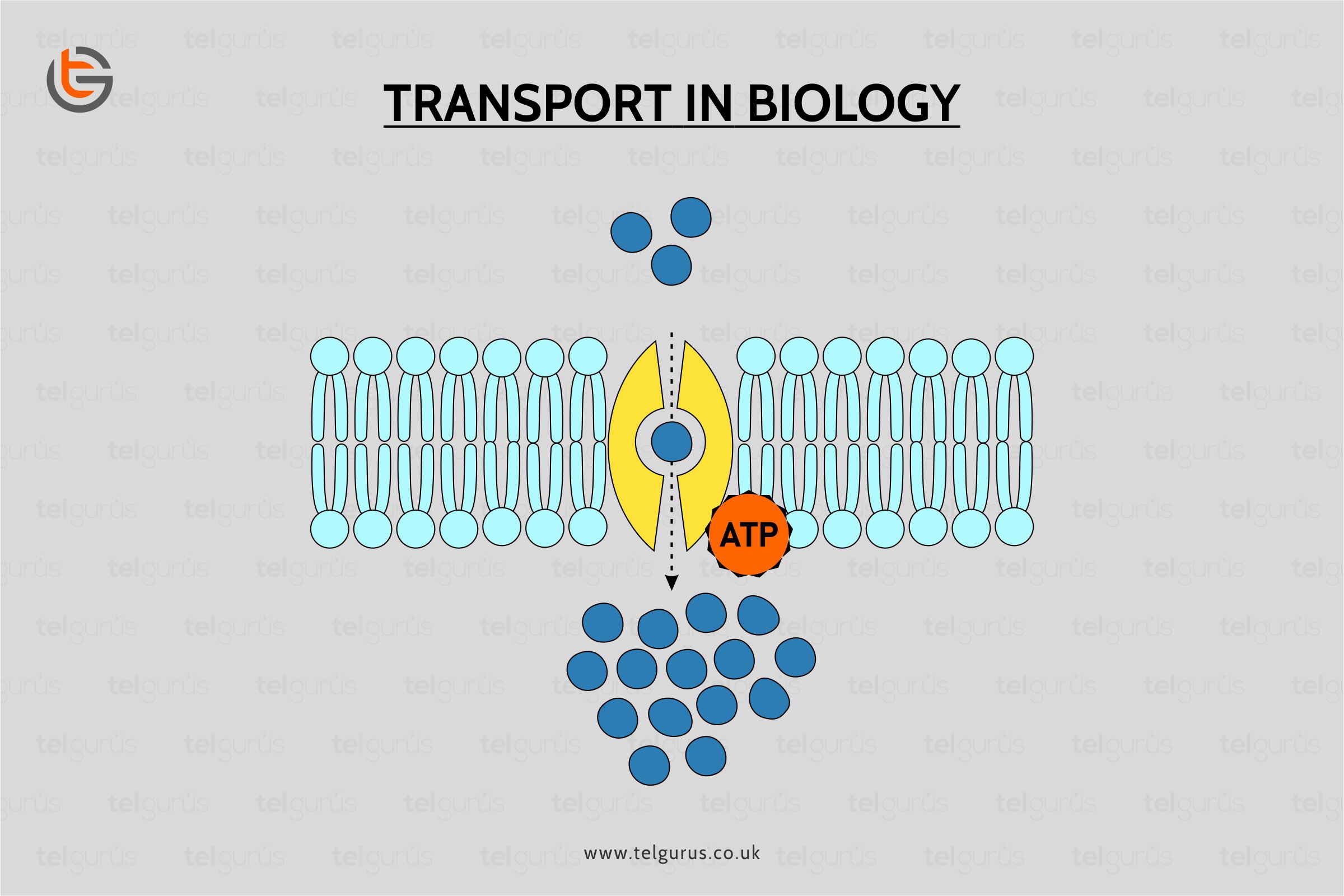
What is active transport in Biology?
Active transport is a process that involves the molecule's movement from a lower concentration's region to a higher concentration's region...
Read More...Categories
Recent Posts
- List of the qualities you should look for in your tutors?
- What is the most useful formulas in math?
- Describe the process of eating to defecation of food?
- Difference between the natural and artificial active response by the immunology system.
- Explain the different circle theorems
- How are nerve cells adapted to their function?

